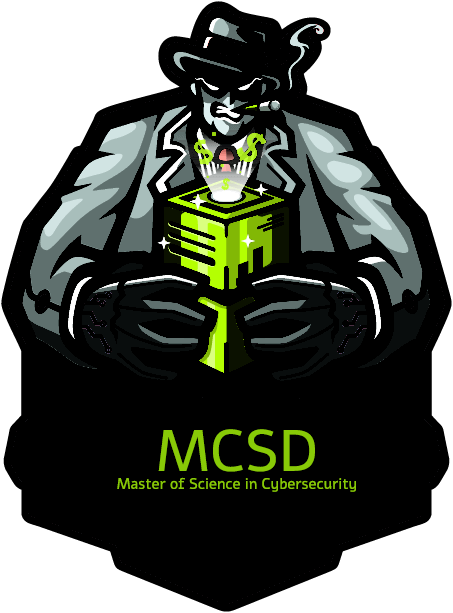No products in the cart.
Cybersecurity
What is Linux? Everything You Need to Know About the Open-Source Operating System

When most people hear “operating system,” they think of Microsoft Windows or Apple macOS. But there’s another powerful, flexible, and free alternative quietly powering everything from smartphones to supercomputers — Linux.
In this blog post, we’ll explore what Linux is, how it works, its advantages, the different distributions (distros) available, and why it’s becoming the preferred OS for developers, ethical hackers, and businesses around the world.
What Is Linux?
Linux is an open-source operating system based on Unix. It was created by Linus Torvalds in 1991 and has since grown into one of the most widely used systems in the world. Unlike Windows or macOS, Linux is free to use and distribute.
At its core, Linux manages hardware resources and provides essential services for running software. But what makes Linux special is that anyone can view, modify, and contribute to its source code.
Why Use Linux?
Here are some strong reasons why millions of people prefer Linux:
1. Free and Open-Source
Linux is completely free. Whether you’re a student, a developer, or an enterprise, you can install and use it without paying a single rupee or dollar. You also get full access to the source code.
2. Highly Secure
Linux has built a reputation for being one of the most secure operating systems. It’s much less vulnerable to malware compared to Windows, and most updates are community-driven and rapid.
3. Stable and Reliable
Linux systems can run for months or even years without needing a reboot. That’s why it’s often used in servers and data centers.
4. Customizable
You can customize everything in Linux — from the kernel to the user interface. That’s why there are so many distributions (distros), each designed for different use cases.
5. Ideal for Developers and Ethical Hackers
Whether you’re a programmer or a cybersecurity expert, Linux offers the command-line power, tools, and flexibility you need. Tools like Wireshark, Nmap, and Metasploit run natively on Linux.
Popular Linux Distributions
There isn’t just one version of Linux. Over time, many variations have been developed. Here are a few popular ones:
- Ubuntu – User-friendly and great for beginners.
- Debian – A stable base for many other distributions.
- Kali Linux – Built for penetration testing and security research.
- Arch Linux – Lightweight and highly customizable for advanced users.
- Fedora – A bleeding-edge distro for developers and sysadmins.
- Linux Mint – Perfect for Windows users switching to Linux.
Each distribution comes with a package manager, desktop environment (like GNOME or KDE), and its own software repository.
Use Cases of Linux
Linux isn’t just for tech geeks. It’s used in:
- Servers and Cloud Systems (Amazon AWS, Google Cloud, etc.)
- Android Devices (Android is based on Linux)
- Embedded Systems (TVs, routers, smartwatches)
- Web Development
- Cybersecurity and Penetration Testing
- Programming and Scripting
- Gaming (via Steam + Proton support)
Can Beginners Use Linux?
Absolutely. Distros like Ubuntu and Linux Mint are beginner-friendly. They offer graphical interfaces, app stores, and community support, making the transition from Windows or macOS quite smooth.
How to Get Started with Linux
- Choose a Distribution – Ubuntu or Linux Mint is good for beginners.
- Create a Bootable USB – Use tools like Rufus or BalenaEtcher.
- Try it Live or Install – You can try Linux without installing it, or install it alongside Windows.
- Join the Community – Linux has a large and helpful user base. Forums, Reddit, and YouTube are great resources.
Final Thoughts
Linux is more than just an operating system — it’s a movement. It stands for freedom, collaboration, and innovation. Whether you’re looking to improve your computer skills, secure your systems, or just break free from commercial software, Linux is an excellent choice.













